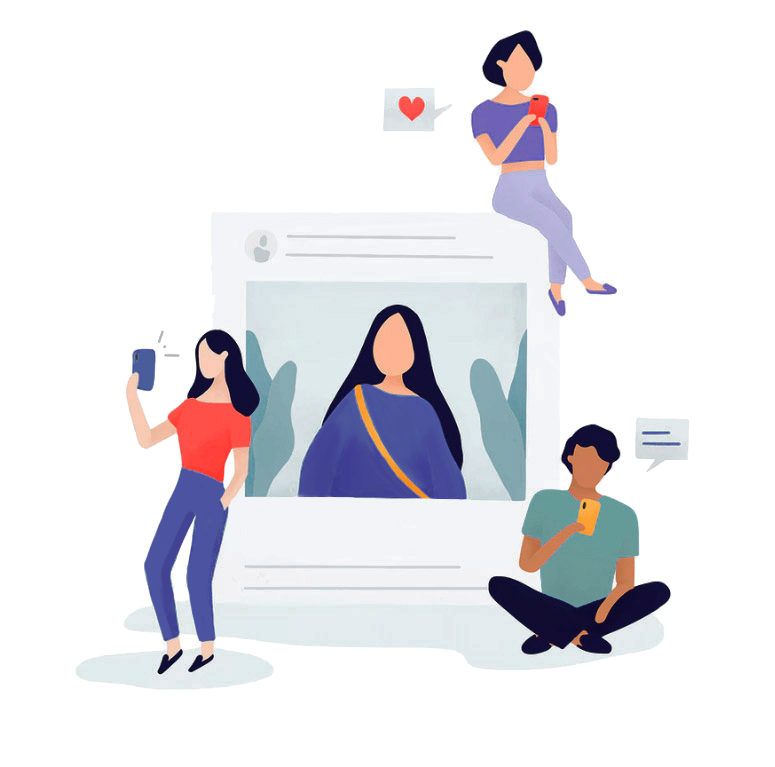Approach
______
Dynamic Facilitation
Dynamic Facilitation you choose for small and medium size groups as well as for large systems. It will be used to address and solve difficult, impossible-seeming issues, to think, talk, and work together collaboratively and creatively and achieve shifts and breakthroughs. By creating a reflective environment where each person and the group enters the creative flow of “choice-creating”. Addressing practical problems, people explore topics open-mindedly and open-heartedly and reach joint conclusions and actions.
This process builds trust and new capabilities via a more heartfelt, creative thinking. This approach maximizes what might go right instead of minimizing what might go wrong. “Choice-creating” is the quality of being and thinking that often happens after a crisis, when people drop their roles, express their true feelings, and join with others to creatively seek what’s best for all.
Appreciative Inquiry
Appreciative Inquiry is a process model for approaching change at all levels of a system, from one-on-one coaching to team building, to system-wide change. The approach of Appreciative Inquiry is a positive, strengths-based procedure instead of a deficit-based change one. Within the process you will pass through the four steps “Discovery”, “Dream”, “Design” and “Destiny” in order to explore what the system wants more of. Based on a dialogue you will find out “what works”, discover “what is best or excellent”, create “what should be the ideal” and finally create “what will be”.
In the AI process, the future is consciously constructed upon the positive core strengths of the organization. Linking the energy of this core directly to any change agenda it suddenly and democratically creates and mobilizes topics never before thought possible. One aspect that differentiates AI from other visioning or planning methodologies is that images of the future emerge out of grounded examples from its positive past. At the end of the process the Destiny-phase represents the conclusion of all phases and the beginning of an ongoing creation of an “appreciative learning culture.”
Future Search Conference
Future Search Conference is a principle-based, task-focused planning meeting that helps people transform their capability into action very quickly. Future Search brings 60 to 80 people from all walks of life into the same conversation – those with authority, resources, expertise, information and need. People tell stories about their past, present and desired future. Through dialogue they discover their common ground.
Firstly, participants look back on the past by making timelines of key events in the world, their own lives, and in the history of the future search topic. Small groups tell stories about each time line and the implications of their stories for the work they have come to do. When focusing on the present the whole group makes a “mind map” of trends affecting them now and identifies those trends most important for their topic. Afterwards they put themselves into a desired future and describe their preferred future as if it has already been accomplished. After looking for common ground, action plans are made for a feasible route

World Café
World Café is a structured conversational process for knowledge sharing in which groups of people discuss a topic at several small tables like those in a café. Some degree of formality may be retained to make sure that everyone gets a chance to speak. Although pre-defined questions have been agreed upon at the beginning, outcomes or solutions are not decided in advance. New insights about an effort emerge when diverse people come together in conversation with each other. Thoughts and ideas are exchanged which shift the way the group understands an issue.
Good conversations encourage participants to listen more deeply and intermix individual ideas with one another. The combined wisdom of a group is made visible and create a pathway for collective action. Beside building new relationships a significant outcome is a new approach sharing knowledge.

Open Space Technology
Open Space Technology is one way to enable all kinds of people, in any kind of organization, to create inspired meetings and events. Over the last 30+ years, it has also become clear that opening space, as an intentional leadership practice, can create inspired organizations, where ordinary people work together to create extraordinary results with regularity.
In Open Space meetings, events and organizations, participants create and manage their own agenda of parallel working sessions around a central theme of strategic importance, such as: What is the strategy, group, organization or community that all stakeholders can support and work together to create? The presentation of different points of view and aspects will immediately indicate change processes. The basic philosophy behind this is open-mindedness, self-responsibility, active participation and a playful approach.
And, while Open Space is known for its apparent lack of structure and welcoming of surprises, it turns out that the Open Space meeting or organization is actually very structured — but that structure is so perfectly fit to the people and the work at hand, that it goes unnoticed in its proper role of supporting (not blocking) best work. In fact, the stories and workplans woven in Open Space are generally more complex, more robust, more durable — and can move a great deal faster than expert- or management-driven designs.

Structure and system constellations, Project-Supervision
Would you like to clarify customer relationships or questions of cooperation? Or gain more confidence for the optimum implementation of specific measures? Would you like to understand loyalties or current strains and their function?
Company constellations as well as project constellations are opportunities to recognize substantial points at arm’s length and from a different point of view. It becomes clear very quickly which steps can lead to permanent and effective changes. Corporate structures, customer relationships, new business segments and projects are complex systems with equally complex self-dynamics.
An attitude without intention and openness is the basis for constellation work. Motives and hidden mechanisms will be recognized and solved immediately. You will identify structures and complex coherences immediately, implement binding objectives within the shortest time and adapt your processes. Finally, you design possible variations for your objectives and make your decisions confidently.
